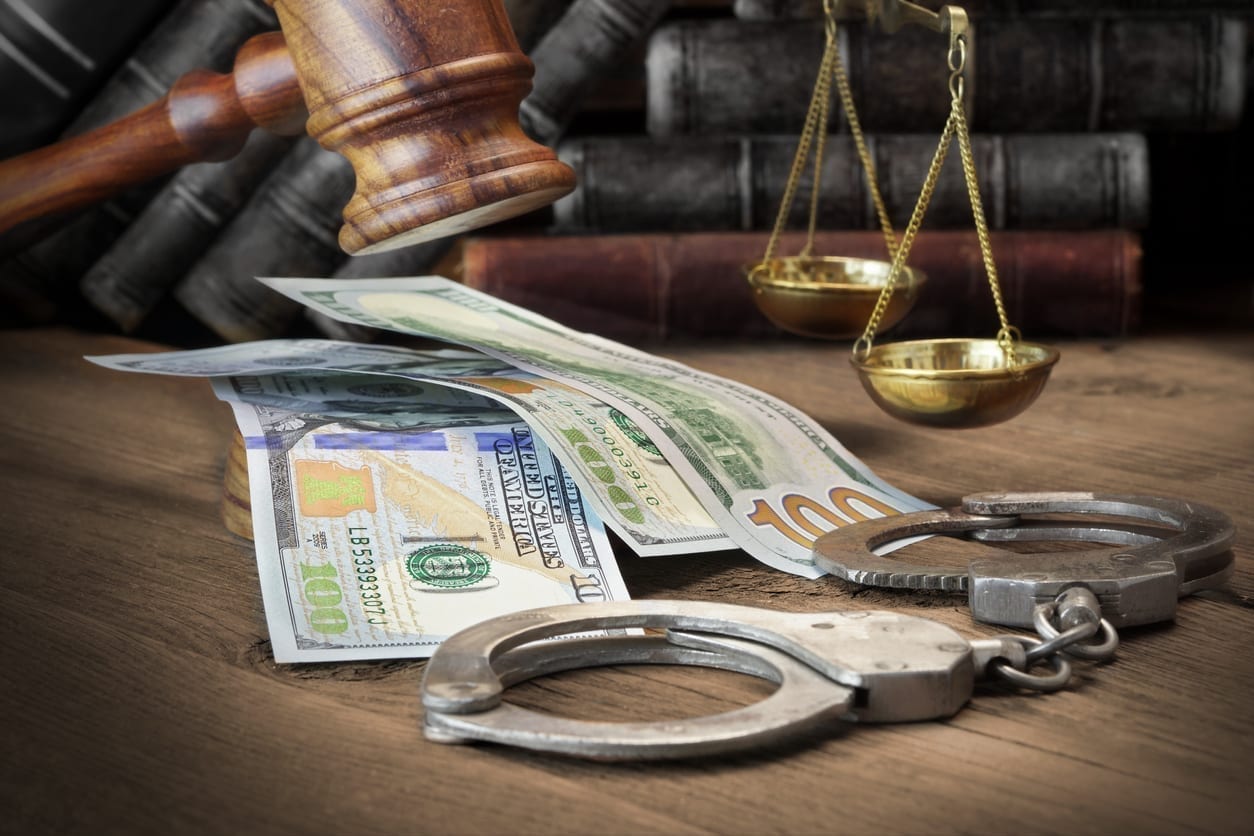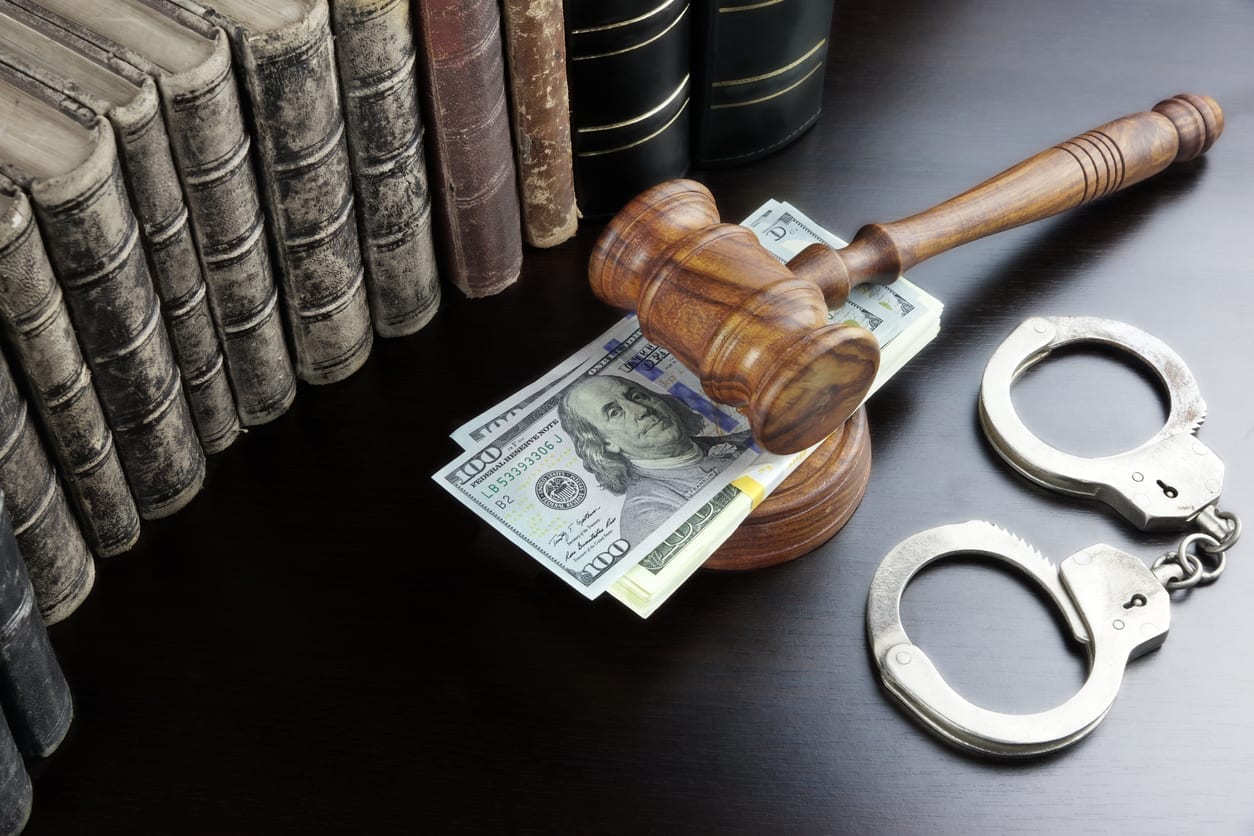The Eighth Amendment prohibits “cruel and unusual punishment.” This means that, while the government can punish you, it cannot do so in cruel and unusual ways. Although the amendment does not define the term “cruel and unusual,” courts have defined that term many times.
What the Eighth Amendment says.
Excessive bail shall not be required, nor excessive fines imposed, nor cruel and unusual punishments inflicted.

What the Eighth Amendment means.
The Eighth Amendment includes three main protections:
- Excessive Bail. Courts are not allowed to set unreasonable amounts for bail. Instead, they must set a reasonable bail based on all of the circumstances involved. This means courts will consider you and your history, the charges and whatever amount is needed to make sure you come to court.
- Excessive Fines. Courts also cannot impose excessive fines. Fines are generally considered excessive when they are not proportional to the crime being punished. Most bail amounts are set by law. Therefore, courts assume they are reasonable.
- Cruel and Unusual Punishment. The government cannot use cruel or unusual punishment — even for the most violent of crimes. This means that the government cannot torture prisoners. Whether certain punishment or treatment in prisons is “cruel and unusual” is a question people disagree on often.
How Eighth Amendment rights apply to people in prison.
You still have Eighth Amendment rights in prison, but it’s often difficult to tell whether punishment goes too far or not. For example, many people argue that solitary confinement and the death penalty are cruel and unusual. But, so far, courts have ruled that they are not. As of now, these practices are used across the country.
Excessive bail or fine amounts are also hard to predict. For you, a $5,000 fine might be the same as a $5 million fine — either way, you can’t afford to pay it. For others, both amounts may be easy to come by. This is unfortunately one of the areas where the criminal justice system seems like it penalizes people for simply being poor.
But, even for people in prison, the government cannot go too far with punishments. In 2002, for example, the United States Supreme Court decided that a prisoner’s Eighth Amendment rights were violated in a case called Hope v. Pelzer. In that case, the prison guards handcuffed the man to a post for seven hours, beat him, taunted him and wouldn’t let him use the bathroom.

What you can do if prison officials violate your Eighth Amendment rights.
If you believe prison officials violated your Eighth Amendment rights while you’re in prison, you do have options. Like the prisoner in Hope v. Pelzer, you can file a lawsuit against the prison officials or prison. These lawsuits are hard to win. But if you have evidence of your improper treatment or there were witnesses, you might have a better chance.
The Takeaway:
You do not lose your Eighth Amendment rights simply because you go to prison. In fact, it is the Eighth Amendment that protects you from cruel and unusual punishment in prison. If you face cruel and unusual punishment while behind bars, you can file a lawsuit.






